I love Al Mohler. I love 99% of his articles. I didn’t love his 2013 Summer Reading List. What a litany of bloodshed, suffering, death, and destruction! I’d hate to see the Winter Reading List.
Here’s my challenge: If you can read all this “death-lit” in 3 months without getting totally depressed or neurotic, I’ll give you $100 worth of “life-lit!”
But I don’t really want to encourage you to try. So here’s my alternative Summer Reading List, you might call it a Philippians 4:8 Reading List. Or maybe even an Anti-Mohler Reading List (using “anti” in the theological sense of “in place of” rather than “against”). It’s an eclectic mix of happiness science, entrepreneurship, biography, and creativity as you’ll see from the Amazon descriptions. Apart from one that is written from a Christian angle, they aren’t “Christian” books, they’re just books I found stimulating, enjoyable, thought-provoking, and helpful in various ways over the past year. So have at it, and let’s see who’s thriving in three months time!
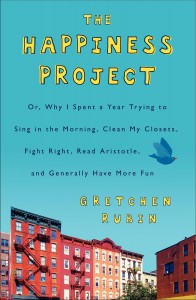 The Happiness Project
The Happiness Project
The Happiness Project describes one person’s year-long attempt to discover what leads to true contentment. Drawing at once on cutting-edge science, classical philosophy, and real-world applicability, Rubin has written an engaging, eminently relatable chronicle of transformation.
Upside: Surprising Good News about the State of our World
Did you know that global poverty has been cut in half over the last several decades? That infant deaths have decreased dramatically in recent years? That Christianity is a growing and influential force in Asia and Africa? Maybe the world isn’t in a downward spiral after all. In an age of pessimism, this book offers good news to Christian readers looking for glimpses of hope.
Flourish: A Visionary New Understanding of Happiness and Well-being
Flourish builds on Dr. Seligman’s game-changing work on optimism, motivation, and character to show how to get the most out of life, unveiling an electrifying new theory of what makes a good life—for individuals, for communities, and for nations.
The Happiness Advantage
Conventional wisdom holds that if we work hard we will be more successful, and if we are more successful, then we’ll be happy. If we can just find that great job, win that next promotion, lose those five pounds, happiness will follow. But recent discoveries in the field of positive psychology have shown that this formula is actually backward: Happiness fuels success, not the other way around. When we are positive, our brains become more engaged, creative, motivated, energetic, resilient, and productive at work.
$100 Start-up: Reinvent the Way you Make a Living, Do What You Love, Create a New Future
Still in his early thirties, Chris is on the verge of completing a tour of every country on earth – he’s already visited more than 175 nations – and yet he’s never held a “real job” or earned a regular paycheck. Rather, he has a special genius for turning ideas into income, and he uses what he earns both to support his life of adventure and to give back.
The Innovator’s DNA: Mastering the Five Skills of Disruptive Innovators
By identifying behaviors of the world’s best innovators—from leaders at Amazon and Apple to those at Google, Skype, and Virgin Group—the authors outline five discovery skills that distinguish innovative entrepreneurs and executives from ordinary managers: Associating, Questioning, Observing, Networking, and Experimenting.
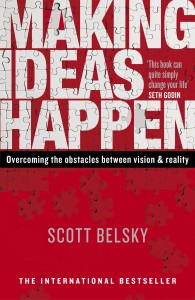
Making Ideas Happen: Overcoming the Obstacles Between Vision and Reality
As the founder and CEO of Behance, a company on a mission to empower and organize the creative world, Belsky has studied the habits of especially productive individuals and teams across industries. Now he has compiled the principles and techniques they share, and presents a systematic approach to creative organization and productivity.
InGenius: A Crash Course on Creativity
Imaginative. Innovative. Ingenious. These words describe the visionaries we all respect and admire. And they can describe you, too. Contrary to common belief, creativity is not a gift some of us are born with. It is a skill that all of us can learn. International bestselling author and award-winning Stanford University educator Tina Seelig has worked with some of the business world’s best and brightest, who are now among the decision-makers at companies such as Google, Genentech, IBM, and Cisco. In inGenius she expertly demystifies creativity, offering a set of tools and guidelines that anyone can use.
Creating Innovators: The Making of Young People who Will Change the World
In this groundbreaking book, education expert Tony Wagner provides a powerful rationale for developing an innovation-driven economy. He explores what parents, teachers, and employers must do to develop the capacities of young people to become innovators.
The Brain That Changes Itself: Stories of Personal Triumph from the Frontiers of Brain Science
An astonishing new science called “neuroplasticity” is overthrowing the centuries-old notion that the human brain is immutable. In this revolutionary look at the brain, psychiatrist and psychoanalyst Norman Doidge, M.D., provides an introduction to both the brilliant scientists championing neuroplasticity and the people whose lives they’ve transformed. From stroke patients learning to speak again to the remarkable case of a woman born with half a brain that rewired itself to work as a whole, The Brain That Changes Itself will permanently alter the way we look at our brains, human nature, and human potential.
My Stroke of Insight: A Brain Scientist’s Personal Journey
On December 10, 1996, Jill Bolte Taylor, a thirty-seven- year-old Harvard-trained brain scientist experienced a massive stroke in the left hemisphere of her brain. For Taylor, her stroke was a blessing and a revelation. It taught her that by “stepping to the right” of our left brains, we can uncover feelings of well-being that are often sidelined by “brain chatter.” Reaching wide audiences through her talk at the Technology, Entertainment, Design (TED) conference and her appearance on Oprah’s online Soul Series, Taylor provides a valuable recovery guide for those touched by brain injury and an inspiring testimony that inner peace is accessible to anyone.
The Survivor’s Club: The Secrets and Science that Could Save your Life
Each second of the day, someone in America faces a crisis, whether it’s a car accident, violent crime, serious illness, or financial trouble. Given the inevitability of adversity, we all wonder: Who beats the odds and who surrenders? Why do some people bound back and others give up? How can I become the kind of person who survives and thrives? The fascinating, hopeful answers to these questions are found in THE SURVIVORS CLUB. In the tradition of Freakonomics and The Tipping Point, this book reveals the hidden side of survival by combining astonishing true stories, gripping scientific research, and the author’s adventures inside the U.S. military’s elite survival schools and the government’s airplane crash evacuation course.
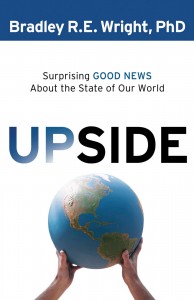
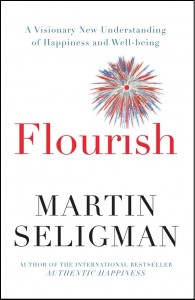
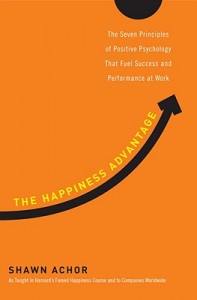
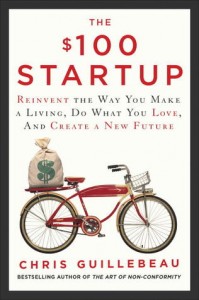
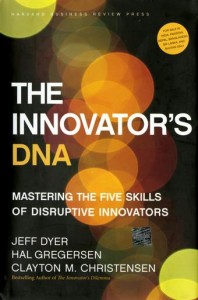
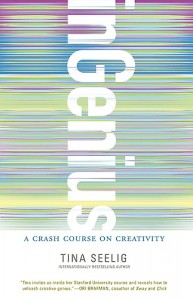
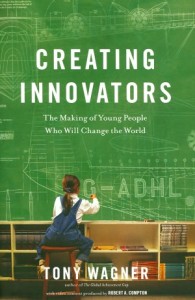
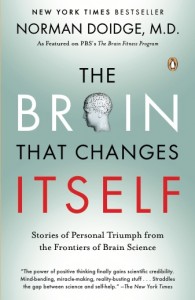
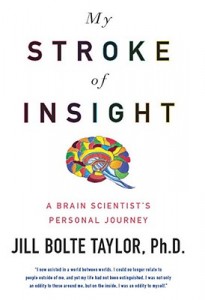
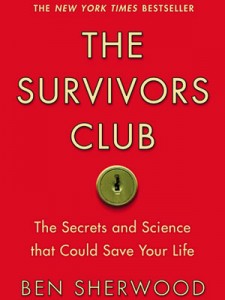
Pingback: What I Read Online – 06/11/2013 (a.m.) | Emeth Aletheia
Pingback: Wednesday Link List | Thinking Out Loud
Pingback: 6-String Salvo, June 14, 2013 | Mike Lee